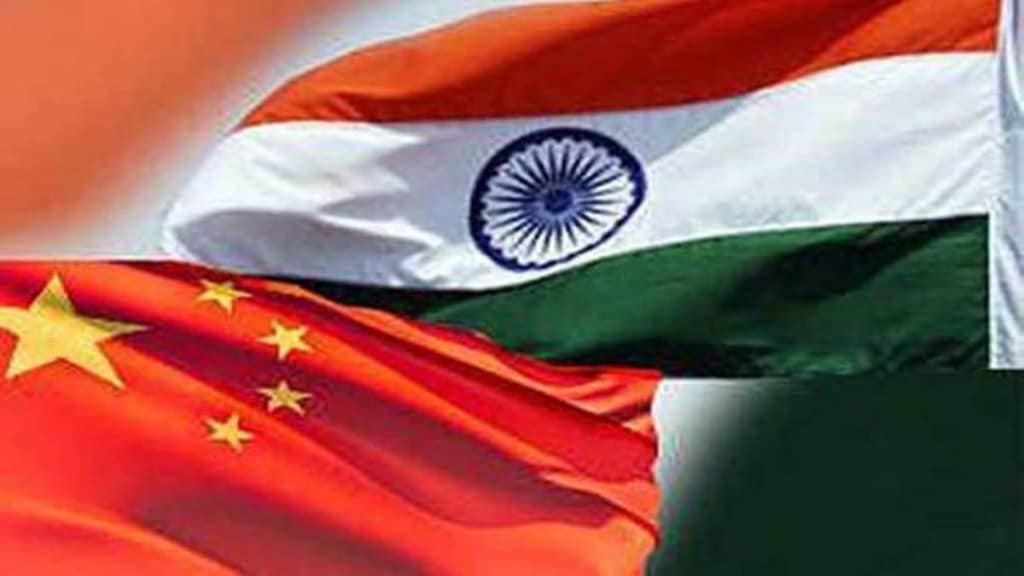It has been three years since there was a clash between the Indian and Chinese forces in the Galwan Valley on June 15-16. The incident resulted in a tragic loss of lives and raised serious questions about the future trajectory of India-China relations.
It is important to assess where the bilateral relationship stands today and the implications for regional dynamics, particularly within the Quad framework and the Indo-Pacific region.
Post-Galwan Diplomatic Engagements and Quad Cooperation:
In the aftermath of the Galwan clash, both sides have engaged in several rounds of military and diplomatic discussions to de-escalate tensions and restore stability along the disputed border. These efforts took place concurrently with the growing momentum of the Quad, a strategic partnership between India, the United States, Japan, and Australia. The Quad has emerged as a platform for promoting a free, open, inclusive, and rules-based Indo-Pacific region. While the Galwan clash had a direct impact on India-China relations, it also strengthened India’s resolve to deepen ties within the Quad framework, fostering greater regional cooperation.
Geopolitical Implications and Indo-Pacific Dynamics:
The clash in 2020 highlighted the geopolitical contestations between India and China in the Indo-Pacific region. China’s bullish behavior, including its territorial claims and aggressive actions in the South China Sea, has raised concerns among regional nations. This has led to a collective pushback. The Quad has played a significant role in addressing these concerns by advocating for a rules-based international order, freedom of navigation, and respect for territorial integrity. India has been actively participating in the Quad and this reflects its commitment to maintaining a stable Indo-Pacific region and upholding shared values and principles.
Economic Realignments and Indo-Pacific Connectivity:
The Indo-Pacific region is witnessing a wave of economic realignments, with infrastructure development and connectivity projects playing a pivotal role. China’s Belt and Road Initiative (BRI) has raised questions about debt sustainability, transparency, and strategic implications. In response, the Quad nations, including India, have emphasized the importance of sustainable and transparent connectivity projects. India’s vision of a free, open, and inclusive Indo-Pacific, articulated through its Indo-Pacific Oceans Initiative (IPOI), aligns with the broader objectives of the Quad, fostering economic cooperation, maritime security, and environmental sustainability.
Balancing Engagement and Competition:
Navigating the India-China relationship within the Quad and Indo-Pacific dynamics requires a delicate balance between engagement and competition. While the Quad provides a platform for strategic cooperation, India also maintains engagement with China through mechanisms such as the BRICS and the Shanghai Cooperation Organization (SCO). It is essential for India to leverage both dialogue and cooperation to manage differences and prevent the escalation of tensions while upholding its interests and values.
Way ahead:
Moving forward, the path for India-China relations lies in sustained dialogue, confidence-building measures, and a commitment to peaceful coexistence. The Quad and the broader Indo-Pacific framework offer avenues for cooperation in areas of shared interest, such as maritime security, counterterrorism, cybersecurity, and supply chain resilience. Simultaneously, it is crucial to address contentious issues, including the border dispute, through peaceful means and in accordance with established international norms and agreements.
Forces of both countries continue to be locked in standoff following the Galwan Valley clash, the India-China relationship stands at a critical juncture with significant implications for the Quad and Indo-Pacific dynamics. The incident has had a lasting impact on both countries, shaping their perceptions and policies. The Quad’s rise as a strategic partnership and India’s proactive engagement in the Indo-Pacific region has underscored the need for cooperation, balance, and a rules-based order. India’s commitment to the Quad and the Indo-Pacific reflects its resolve to maintain a stable and inclusive region, upholding shared values and principles.
As India and China navigate their relationship, it is essential to sustain dialogue, implement confidence-building measures, and seek peaceful resolutions to outstanding issues. The Quad framework provides a platform for strategic cooperation, enabling the four nations to address regional challenges collectively. At the same time, engagement and collaboration with China through other multilateral mechanisms should continue, facilitating mutual understanding and promoting areas of common interest.

